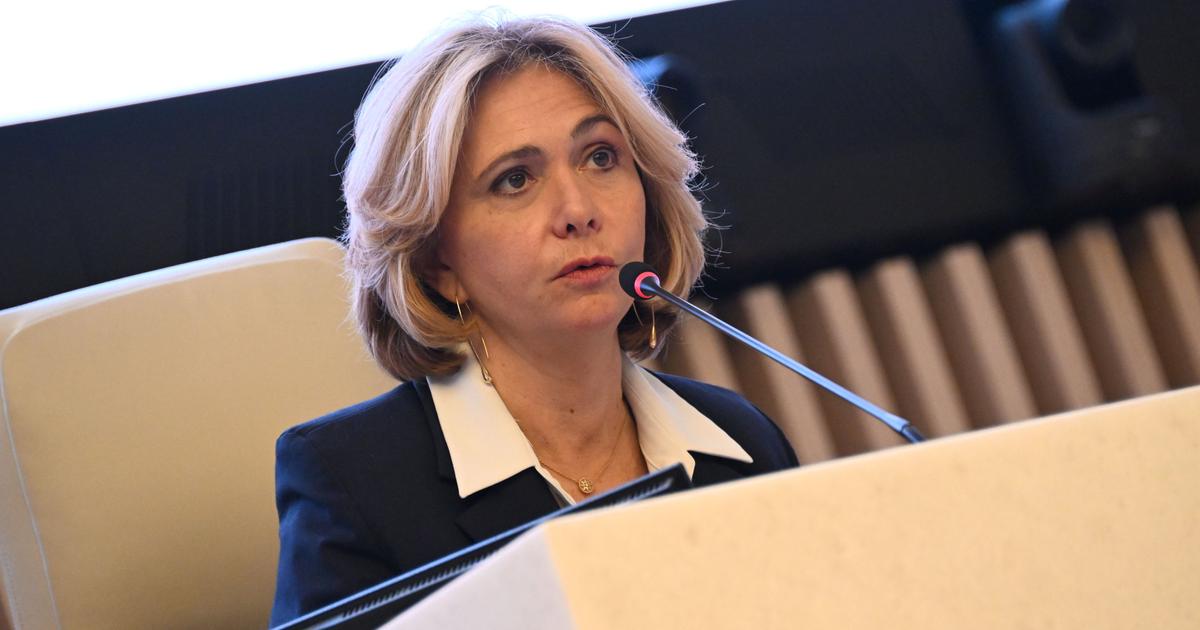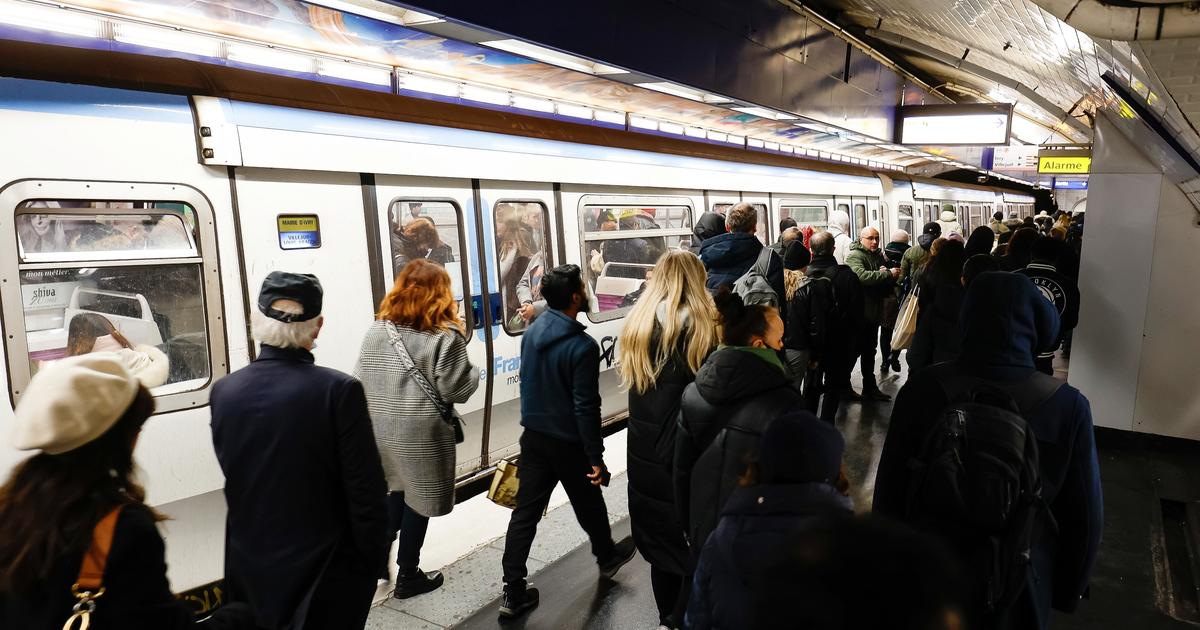It is the beating heart of criminal justice.
In Ile-de-France, the sentence enforcement machine seized up and attracted the attention of the Paris Court of Appeal.
An evil which finds its source in the gigantic mass of disputes handled and the intensity of delinquency - the jurisdiction concentrates three of the five largest courts in France with Paris, Bobigny and Créteil - all combined with the great rotation of the staff of registry as magistrates, many of whom are school leavers.
The situation is particularly critical, as pointed out by Rémy Heitz, Attorney General of Paris who, with Jean-Michel Hayat, the first president, has just launched "
a punch operation
in order to clean up the situation and return to normal deadlines.
The senior prosecutor sets them at six months, when they are currently at two years in the jurisdiction of Val-de-Marne.
Ten placed - that is to say flying - registry officials were assigned for a four-month mission, in order to accelerate the flow of the 12,000 outstanding criminal decisions, to which must be added 5,000 criminal orders.
6,700 of these correctional judgments are still being typed or signed, but have not yet been transmitted to the enforcement services.
Stéphane Hardouin, the prosecutor of Créteil does not refrain from vertically classifying the decisions and the penal orders for the less serious offenses, in order to clean up the situation.
12,000 decisions to execute
Elsewhere in Ile-de-France, other jurisdictions are fighting step by step to stem the stock of decisions awaiting execution.
In Bobigny, a jurisdiction which, in recent years, has benefited from many requests and substantial reinforcements, the stock peaks at 12,000 decisions to be executed, including 3 to 4,000 penal orders still pending.
In all, the tribunal renders 18,000 decisions each year.
“These figures
, underlines Eric Mathais, the prosecutor of the second jurisdiction of France,
correspond to a year of stock”
.
Embolism also makes itself felt at the stage of judgment formations.
The magistrate does not hide the fact that there are, in Bobigny,
“500 dismissal orders awaiting trial, including some cases dating back to 2015 and 2016. We are asking the Paris Court of Appeal and the Chancellery for staff to create an additional chamber entirely devoted to the judgment of the oldest facts
.
This would mean three magistrates, a prosecutor and three clerks.
In Évry, the court took the bull by the horns at the start of 2022.
"We focused everything on the execution of sentences during the first quarter"
, insists Caroline Nisand, the Évry prosecutor who affirms that , at the end of February, there were 600 penal decisions awaiting actual execution for 267 judgments of the correctional court and the juvenile court.
In addition, 2,200 judgments are pending.
A last figure which, according to the prosecutor, represents six months of delays.
At the end of March, 476 penal orders were awaiting execution, for 3,326 imposed each year.
In all, Évry has rendered 5,800 classic criminal decisions.
The gigantism of the Parisian jurisdiction
"
This prioritization in favor of execution forces us to leave aside everything that is not urgent such as damage to property or burning news
", underlines, like her other prosecutor colleagues, Caroline Nisand.
The latter relies on highly specialized justice collaborators to optimize flows, while it notes an explosion of intra-family procedures and economic and financial delinquency.
In Paris, the 90 correctional hearings and the gigantism of the jurisdiction prevent the prosecution from keeping real-time statistics of its stocks of decisions to be executed.
As everywhere else, in the Paris jurisdiction, the first jurisdiction of France has refined to the extreme its logic of prioritization as soon as it leaves the hearing;
a system called
"short circuits"
.
Laure Beccuau, the Paris prosecutor, distinguishes "
domestic violence litigation, a national priority, and executions legally without delay - such as prison sentences, suspended probation and work of general interest with provisional execution, i.e. 90% of immediate appearances - which will be the subject of immediate execution.
For other disputes, the average delay is six months, which also includes delays of two years in relation to judgments rendered for the least serious penalties
”.
Finally, so that these stocks do not feed themselves, the head of the prosecution has just asked his Court for a contract of objectives allowing him to have three additional clerks.









